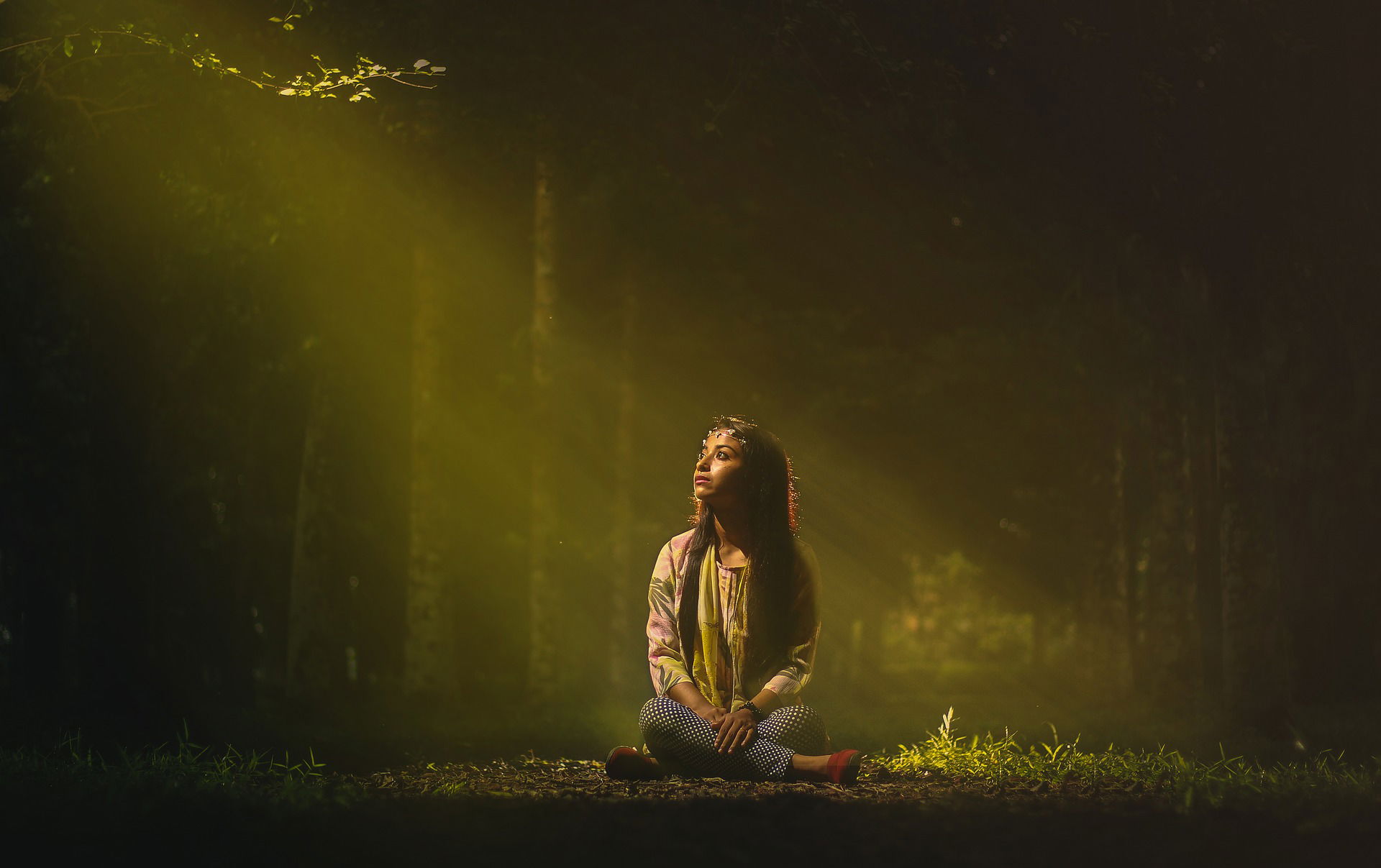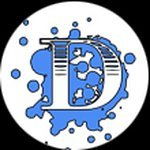The Autism Monster by Amanda Postman

In preschool, I had a hard time making friends. Tale as old as time, right? It’s sad to say,but there’s nothing special about one child struggling to make connections with other people their age. It happens every day. And yet, how uniquely traumatizing it is to be three years old and already be alone! To get good at playing by yourself, because in the short time you’ve been alive, you’ve been shown that there’s something different about you. Some hidden trait that you don’t see and can’t fix, but is visible and abhorrent to everyone around you.
It’s like the old parable about the monster who doesn’t realize it’s a monster. It’s confused as to why people are scared of it. “Why are you running away from me?” it asks. “I’m just like you.” But it isn’t, and that’s the bitter truth of it. People are biologically programmed to be uneasy around people that act differently. It isn’t their fault. It’s just how the world works.
I went to a preschool in a presbyterian church in Beverly Hills. My family wasn’t presbyterian, not by a long shot– Episcopal mom, Jewish dad, agnostic upbringing. They had chosen the preschool because a family friend was sending his daughter there. The other family pulled their daughter out after a year, but we stuck in there.
I didn’t really care about the religious aspect of it. I thought chapel on Tuesdays and Fridays was boring– just someone droning on at us with no point. My mind wandered. I liked that on your birthday you got a stuffed flower, and that after chapel we’d have show and tell andindependent reading time. And then we’d play in the courtyard.
I used to play with a girl named Ava Sanderson– red hair and a kind of a pinched nose.We were best friends until one day, when I ran up to play with her, she put a hand up and said,“You can’t play with me.” And then she never talked to me again. I was distraught. My mother was more distraught. She wrote an article titled “You Can’t Play With Me” for a parenting magazine, and accidentally slipped up with Ava’s mother when Mrs. Sanderson said she was writing a mean little girl character, and she was basing it on… My mother filled in “Ava?” and,as my dad said, that was the end of that friendship.
I found another friend. There was a girl named Chloe, who lived with her mother in the attic of the church. I didn’t understand why, nor did I understand the word “autistic,” but I likedChloe because she would play with me. She was a bit shy, but that was fine. I was a bit shy. My mother supported the friendship, but was not pleased when she heard the adults talking about how I’d “brought Chloe out of her shell.” She said they were talking about me like I was a tool.She wanted to know why I gravitated towards “othered” kids. I didn’t know. I was four.
Kindergarten was more of the same. I became friends with another autistic girl, Aila. Her parents were named Aisha and Larry, and they had shoved their names together for their daughter. When I asked my mom what was wrong with her, she told me that when she was born,she wouldn’t look her parents in the eye, and that’s how they knew she was autistic. But I looked my parents right in the eye when I was born, so I was normal. AiLa was what some people call“low-functioning,” and others call “high support needs.” So she had an aide, a butch lesbiann amed Griselda, who had a mohawk and wore cargo shorts every day. I became friends with hertoo. I was always better at making friends with adults than with other kids. At the time, I thought it was because I was mature. Later, I’d realize that they felt sorry for me.
I was the rare kid that dreaded recess. Most days, I’d just walk around in circles, waiting for the period to be over. Sometimes some of the other girls would let me join in their game where they pretended to be horses, but sometimes they wouldn’t. Other times I’d bother the playground monitor, desperate to fill the time.
At some point during these lonely recesses, the school put in a garden. While they were planting stuff, they dug a small hole for a sprinkler to go in. Before they put the sprinkler in, a colony of ants set up shop in the hole. I’d watch those ants every day– watch them bring food back to the hole, scout around the dirt, carry their dead to the corpse pile. I learned how to pick them up without hurting them, and I’d let them crawl around on my fingers. Sometimes other kids would join me, and we’d feed them pretzels out of our lunches. It was something to do, atleast. Then, one day, the school put the sprinkler in the hole. And the ants were gone.
First chance I got, I jumped ship from public school. I got good enough grades, and scored well on tests, so I was given the opportunity to skip right to college, in a program full ofother kids like me. I took it.
The Early Entrance Program was good for me. It was small, and a refuge from the real world. It didn’t matter that I was goddamn weird– everyone else was goddamn weird too. My classmates were laser-focused on their studies, but everyone had their own quirks which alienated them from the regular school system. This girl would talk for hours on end about professional wrestling, this boy had meticulously written and organized Google Docs on how to generate appropriately diverse characters based on real-world statistics. It was full of kids who had been othered by polite society– as such, it was overwhelmingly gay, trans, andneuro divergent. Pretty much everyone was some flavor of on the spectrum, and if you weren’t, it was questioned why you were even there. Autism was normal. Respected, even.
My mother read a paper on how autism is often unrecognized in girls because so much of the research is done on boys. While boys become “little professors,” girls become “little psychologists,” analyzing social interactions deeply and intently in order to blend in. As such, it often goes unnoticed, instead being brushed off as “shyness,” or “maturity.”
I went to a psychiatrist. I took the autism test– a multiple choice test that seemed more like a Buzzfeed quiz than a psychiatric tool. I qualified– sort of. I had some characteristics of autism, but not enough for a full diagnosis. They didn’t want to diagnose me. I understand now
why they didn’t– you can be medically, professionally, and legally discriminated against if you have an autism diagnosis. But at the time, it just seemed unfair. Here was this perfect explanation as to why I couldn’t click with people my own age, why I was drawn to other autistic people–and I was being told I was “too social” to finally join a community. I started using the word anyway.
I try not to tell people I’m autistic. In my experience, they tend to baby you, pity you, ortake you less seriously once they know. I won’t lie if they ask, but people rarely ask. They might see the way I hold my arms when I walk, or catch me pulling a face, and realize something is off,but they won’t say anything.
I am not evil for being weird. At the same time, other people are not evil for thinking I’m weird. It’s a survival instinct, to preserve the safety of the pack and ensure healthy babies for the next generation. But people like me will always be on the outskirts. I was lucky to find a group growing up where I could express myself instead of having to stay vigilantly normal. But the real world isn’t like that, and when I slip up, I still identify with that monster in the parable. Why are you running from me, world? I’m just like you.
